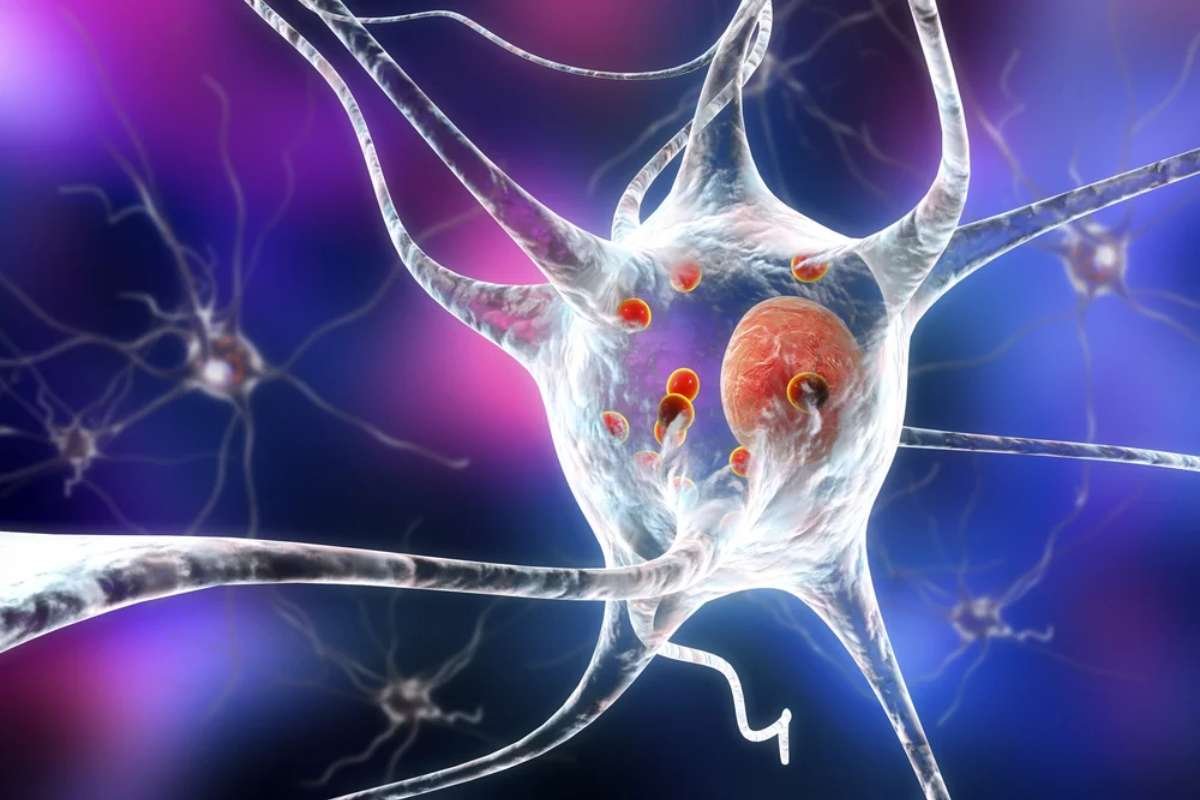Source-Collegenp
Our minds are intricate orchestras, where a symphony of mental processes plays out continuously. From remembering a loved one’s face to solving a complex equation, it’s all thanks to the remarkable conductor we call cognitive function. But what exactly is this maestro of mental agility, and how can we keep it in perfect tune? Buckle up, as we embark on a journey to unveil the mysteries of cognition and its crucial role in shaping our lives.
Cognition: The Grand Orchestrator
Before delving into the specifics, let’s define the conductor himself. Cognition encompasses all the mental processes that allow us to acquire, process, and utilize information. This vast ensemble includes:
- Attention: The spotlight focuses on specific stimuli while filtering out distractions.
- Memory: The filing cabinet storing and retrieving information.
- Language: The translator weaves thoughts into words and vice versa.
- Problem-solving: The strategist navigates challenges and finds solutions.
- Decision-making: The judge weighs options and makes choices.
- Learning: The sponge absorbing and adapting to new experiences.
These interwoven processes form the foundation of everything we think, feel, and do. From the mundane (choosing what to eat) to the extraordinary (composing a symphony), it’s cognition that orchestrates the grand performance of our lives.
Why is Cognitive Function Important?

Have you ever fumbled for a familiar word on the tip of your tongue, or struggled to recall yesterday’s grocery list? These seemingly minor lapses are whispers from the maestro within – our cognitive function. This intricate web of mental processes, encompassing memory, attention, and problem-solving, isn’t just about trivia recall. It’s the invisible conductor orchestrating every facet of our lives, from navigating bustling streets to crafting our dreams.
But why does this internal conductor deserve such attention? Why is optimal cognitive function the bedrock of a fulfilling existence? Let’s delve deeper and unveil the profound significance of this mental marvel, appreciating its impact on who we are, how we relate to the world, and ultimately, the richness of our lives. Prepare to be surprised by the hidden power of this silent conductor, and discover why prioritizing cognitive health is an investment in our very being.
The importance of cognitive function cannot be overstated. It’s the bedrock of our intellectual prowess, empowering us to:
- Navigate the world around us: Memory guides us through familiar streets, while attention helps us avoid hazards.
- Learn and grow: We acquire new skills and knowledge through efficient information processing.
- Form meaningful relationships: Language and communication form the bridge between minds.
- Contribute to society: Problem-solving and decision-making fuel innovation and progress.
- Maintain emotional well-being: Cognitive decline can be linked to depression and anxiety.
In essence, our cognitive function defines who we are and how we interact with the world. Its optimal performance is crucial for leading a fulfilling and independent life.
Skill or Symphony? The Nature of Cognitive Function
Is cognitive function a fixed talent or a malleable skill? The answer is both, and this duality is what makes it so fascinating. While some aspects like basic processing speed have a genetic component, the good news is that cognition is remarkably adaptable. Like a well-rehearsed orchestra, our mental processes can be honed and strengthened through dedicated practice.
Enhancing the Maestro: Tips for Optimal Cognitive Function

Imagine your mind as a magnificent orchestra, where thoughts dance as melodies and memories echo like refrains. But just like any ensemble, optimal performance requires dedicated practice. While some instruments might come more naturally, the true magic lies in honing each section, from the crisp percussion of attention to the flowing strings of language. This is where the art of cognitive enhancement comes in. It’s not about chasing fleeting brain fads; it’s about nurturing the fundamental processes that make our minds tick.
Forget magic potions and quick fixes; we’re talking about a symphony of everyday practices, woven together to strengthen the maestro within. So, tune your mental instruments, clear your mental stage, and get ready to explore a toolbox of practical strategies. From brain-training exercises that keep the neurons firing to stress-management techniques that soothe the mental orchestra, we’ll delve into the world of evidence-based practices that can truly elevate your cognitive performance. Prepare to unlock the potential hidden within your mind, and transform yourself into a virtuoso of mental agility.
Just as athletes train their bodies, we can nurture our cognitive function through various strategies:
- Brain-training exercises: Games, puzzles, and cognitive training programs can stimulate mental agility.
- Physical activity: Exercise boosts blood flow to the brain, promoting neuronal health.
- Healthy diet: Nourishing the brain with essential nutrients optimizes performance.
- Quality sleep: Adequate rest allows the brain to consolidate memories and recharge.
- Mental stimulation: Challenging yourself with new experiences and learning keeps the mind sharp.
- Social interaction: Engaging in conversations and social connections stimulates cognitive processes.
- Stress management: Chronic stress can impair cognitive function, so prioritize relaxation techniques.
By incorporating these practices into our lives, we can become active conductors of our own cognitive well-being, ensuring the orchestra of our minds performs at its finest.
Is Cognitive Function Forever Young?

Unfortunately, like all biological systems, cognitive function experiences a natural decline with age. This decline can manifest as forgetfulness, slower processing speed, and difficulty multitasking. However, this doesn’t have to be a predetermined script. By adopting the strategies mentioned above, we can significantly mitigate age-related cognitive decline and maintain mental agility for longer.
Furthermore, ongoing research into neurodegenerative diseases like Alzheimer’s and dementia offers hope for future treatments that could potentially halt or even reverse cognitive decline. The future of cognitive health is brimming with possibilities, and by prioritizing brain health today, we can pave the way for a cognitively vibrant future.
The Final Chord: A Celebration of the Mind
Our cognitive function, the maestro of our mental lives, is a remarkable testament to the intricate beauty of the human brain. By understanding its workings, appreciating its importance, and nurturing its potential, we can unlock a symphony of possibilities. So, let us celebrate the power of cognition, and strive to keep the grand orchestra of our minds playing in perfect harmony, for years to come.











